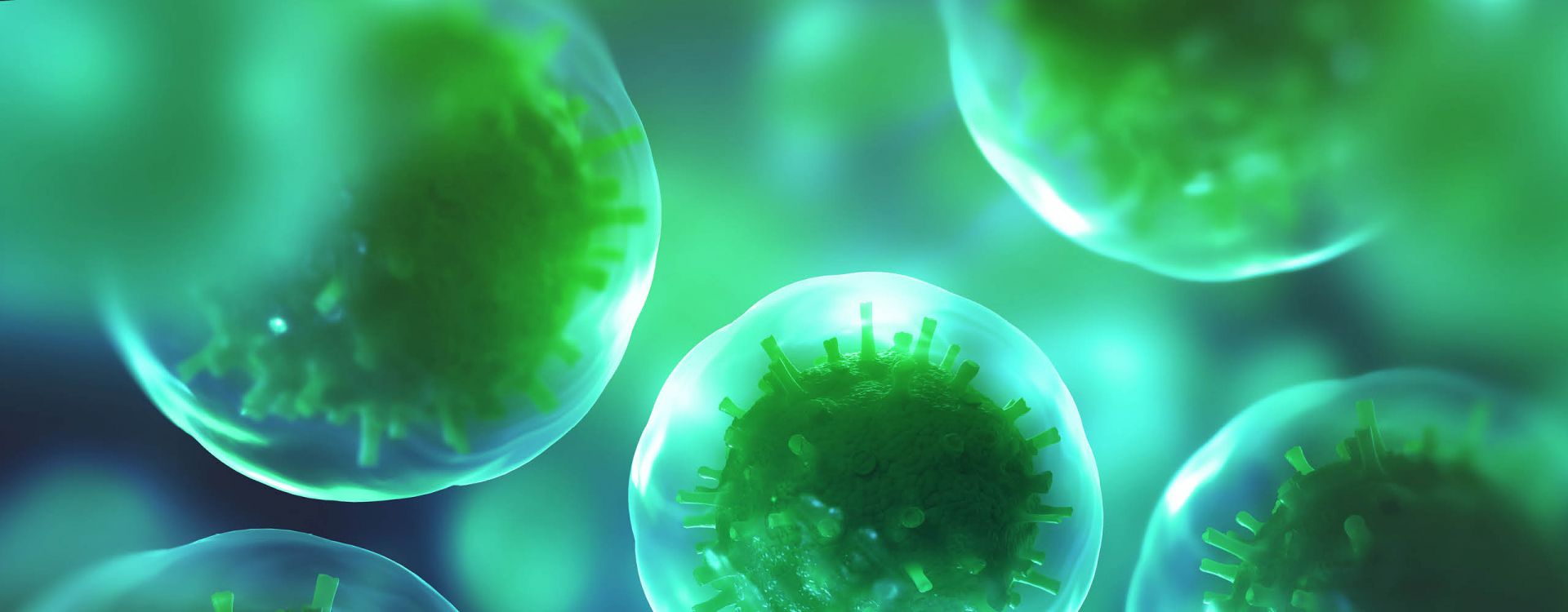Are you experiencing itchy nipples during pregnancy and wondering if it's normal? Many pregnant individuals encounter this discomfort, often accompanied by questions and concerns.
In this comprehensive guide, we'll delve into the reasons behind itchy nipples during pregnancy, whether it's a sign of pregnancy and practical ways to alleviate this discomfort.
Is It Normal for Breasts to Itch During Pregnancy?
Yes, it's entirely normal for breasts, including nipples, to itch during pregnancy. The hormonal changes your body undergoes can lead to various physical symptoms, and itching is one of them. Understanding why and when it happens can help you manage this common discomfort more effectively.
What Stage of Pregnancy Do Nipples Itch?
Nipple itching can occur at any stage during pregnancy. Some may experience it early on, even in the first trimester, while others may notice it later in their pregnancy journey. The timing can vary from person to person, but it's typically associated with hormonal changes and breast preparation for breastfeeding.
Why Your Breasts or Nipples May Itch During Pregnancy
During pregnancy, several factors contribute to the itching sensation in your breasts and nipples. Understanding these causes can help manage and alleviate the discomfort effectively.
- Increased hormonal activity: The surge in hormonal activity, particularly estrogen, and progesterone, play crucial roles in preparing your body for pregnancy and breastfeeding. However, their fluctuations can lead to skin changes, including itching.
- Stretching of the skin: As your breasts undergo changes to accommodate milk production and prepare for breastfeeding, the skin stretches. This stretching can cause itchiness as the skin adjusts to the increased size and tension.
- Dryness and sensitivity: Pregnancy hormones can also affect the skin's moisture levels, making it drier and more sensitive. Dry skin is prone to itching, and this can extend to the breast and nipple area.
- Increased blood flow: During pregnancy, there is an increased blood flow to the breasts to support milk production. This increased circulation can sometimes lead to a tingling or itching sensation.
Are Itchy Nipples a Sign of Pregnancy?
Yes, itchy nipples can be one of the early signs of pregnancy for some individuals. However, it's essential to consider other symptoms and take a pregnancy test for confirmation.
While nipple itching alone may not confirm pregnancy, it can be part of a cluster of early pregnancy symptoms to watch out for.
How to Tell if Itchy Nipples Are a Sign of Your Period or Pregnancy
Distinguishing between itchy nipples due to pregnancy or menstruation can be challenging, but a few indicators can help you differentiate:
- Timing: If the itching coincides with your expected period but doesn't progress to menstruation and is accompanied by other early pregnancy symptoms, it could signal pregnancy.
- Duration: Persistent nipple itching that extends beyond your usual premenstrual symptoms may indicate pregnancy.
- Other Symptoms: Pay attention to other signs of pregnancy, such as fatigue, nausea, frequent urination, and breast tenderness.
How to Relieve Itchy Breasts or Nipples During Pregnancy
Managing itchy nipples during pregnancy involves adopting strategies to soothe the skin and alleviate discomfort. Here are some effective remedies:
1. Moisturize Regularly
Keep your breast and nipple area well-hydrated by applying a gentle, fragrance-free moisturizer or nipple cream. Opt for products specifically formulated for pregnant and breastfeeding individuals.
2. Wear Comfortable Clothing
Choose breathable, soft fabrics for your bras and clothing to minimize friction and irritation. Avoid tight-fitting bras that can further aggravate itching.
3. Take Cool Showers
Lukewarm or cool showers can help soothe itchy skin. Avoid hot water, as it can strip the skin of its natural oils and exacerbate dryness.
4. Take Oatmeal Baths
Adding colloidal oatmeal to your bathwater can help relieve itching and soothe irritated skin. Oatmeal has anti-inflammatory properties that can calm the skin and provide relief [*].
5. Avoid Scratching
While it may be tempting to scratch the itchy area, avoid scratching as much as possible. Scratching can damage the skin and increase the risk of infection.
6. Apply Calendula Cream
Calendula cream, derived from marigold flowers, has soothing and anti-inflammatory properties that can help relieve itching and irritation [*]. Apply a thin layer of calendula cream to the affected area several times a day for relief.
7. Use a Cold Compress
Applying a cold compress to itchy nipples can provide instant relief by numbing the area and reducing inflammation. Wrap a few ice cubes in a soft cloth or use a gel ice pack and gently apply it to the affected nipple for a few minutes.
8. Try Aloe Vera Gel
Aloe vera gel is known for its cooling and moisturizing properties, making it an excellent remedy for itchy nipples during pregnancy. Apply pure aloe vera gel to the affected area and gently massage it in until fully absorbed. Repeat as needed for relief.
9. Make a Chamomile Tea Soak
Chamomile tea has anti-inflammatory and soothing properties that can help alleviate itching and irritation [*]. Brew a strong cup of chamomile tea, allow it to cool, then soak a clean washcloth in the tea and gently apply it to the itchy nipples for a few minutes.
10. Apply Witch Hazel
Witch hazel is a natural astringent with anti-inflammatory properties that can help reduce itching and inflammation associated with pregnancy-related skin changes [*]. Apply witch hazel to a cotton pad and dab it gently on the itchy nipples for relief.
11. Express Breast Milk
Breast milk contains antibodies and natural moisturizers that can help soothe and heal irritated skin. Express a small amount of breast milk onto a cotton ball and apply it to the itchy nipples, allowing it to air dry. Repeat as needed for relief.
12. Avoid Irritants
Certain soaps, laundry detergents, and skincare products may contain harsh chemicals or fragrances that can exacerbate nipple itching. Opt for gentle, fragrance-free products specifically formulated for sensitive skin to minimize irritation.
13. Stay Hydrated
Drinking plenty of water helps maintain skin hydration from within, reducing the risk of dryness and itchiness. Aim to drink at least eight glasses of water per day to keep your skin moisturized and healthy [*].
By incorporating these additional remedies into your daily routine, you can effectively alleviate itchy nipples during pregnancy and experience greater comfort throughout your pregnancy journey.
Experiment with different remedies to find what works best for you, and don't hesitate to consult your healthcare provider for personalized advice and recommendations.
When Should I Be Worried About Itching During Pregnancy?
While mild itching is common during pregnancy, severe or persistent itching could indicate a more serious condition, such as cholestasis of pregnancy.
If you experience intense itching, particularly on the palms of your hands and soles of your feet, accompanied by dark urine, pale stools, or jaundice, seek medical attention promptly.
Cholestasis of pregnancy is a liver disorder that requires medical management to prevent complications for both the mother and baby [*].
Another cause for concern could be a yeast infection on or in the nipple itself. It is more likely to occur when there is a break or cut in the skin, and also more likely during breastfeeding.
Symptoms of yeast infection of the nipple or breast are itching, flaky or shiny skin on the nipple or surrounding tissue, and or red, cracked nipples. Red flags for yeast infection, also known as thrush, are sore nipples that last more than a few days, and pains that are "shooting", "burning" or aching deep in the breasts [*].
The Bottom Line
Itchy nipples during pregnancy are a common and often temporary discomfort caused by hormonal changes, skin stretching, dryness, and increased blood flow. While usually harmless, persistent or severe itching warrants medical evaluation.
By understanding the causes and implementing practical remedies, you can manage itching effectively and focus on enjoying your pregnancy journey.
About MiracleCord
MiracleCord is a leading provider of cord blood banking services, dedicated to helping families preserve their baby's cord blood stem cells for potential future medical use.
With state-of-the-art facilities and a commitment to excellence, MiracleCord ensures the highest quality standards in cord blood storage. Give us a call today at 888.743.2673 or download our Free Info Kit.
DISCLAIMER: THE INFORMATION ON THIS WEBSITE IS NOT INTENDED TO BE USED AS MEDICAL ADVICE.The materials and information contained on the MiracleCord website is provided for educational and informational purposes only, and is not intended to, and does not constitute, medical or other health advice or diagnosis, and should not be used as such. You should not use this information to diagnose or treat a health problem or disease. If you are seeking personal medical advice, you should consult with a licensed physician. Always consult with a qualified health care provider regarding a medical condition.




